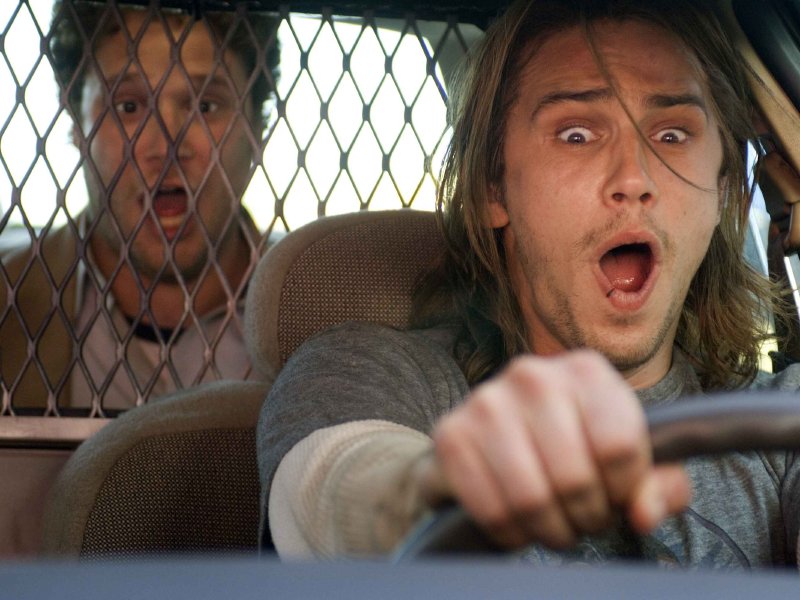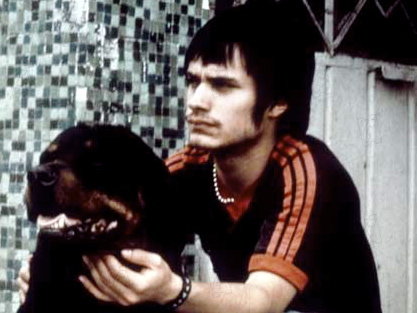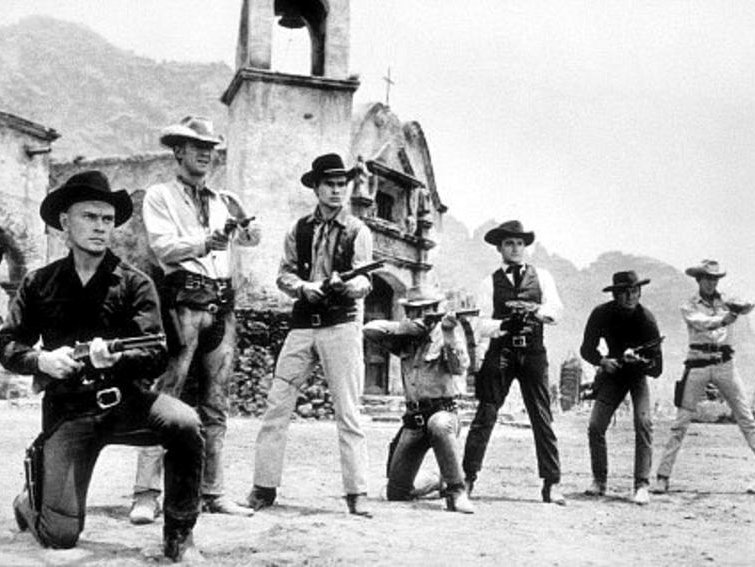Bayside resident Mark Metcalf is an actor who has worked in movies, TV and on the stage. He is best known for his work in "Animal House," "Buffy the Vampire Slayer" and "Seinfeld."
In addition to his work on screen, Metcalf is involved with the Milwaukee International Film Festival, First Stage Children's Theater and a number of other projects, including the comedy Web site, comicwonder.com.
He also finds time to write about movies for OnMilwaukee.com. In this month's installment of the Screening Room, Mark looks at "Righteous Kill" and "Pineapple Express."
RIGHTEOUS KILL (2008)
I know better than most that acting is a job of work -- a skill and craft to be exercised whenever the opportunity presents itself, because, for most actors, it doesn't present itself that often. At least not in particularly interesting forms. I also think, if you are Robert DeNiro or Al Pacino, the opportunities must present themselves more often than not.
Why then would the two of them end up in something as poorly put together as "Righteous Kill"? The chance to play partners, police partners of more than thirty years, men who know each other as intimately and love each other in an infinite number of unspoken ways, would be tempting to two men who have labored in the same fields, for as many combined years as they have. Yes, that would be a challenge and it would be fun.
Maybe when you have worked for as long as they have, you believe that you can pull any script -- no matter how thin and transparent it my be -- through to a level that will be worthy of your skill. Maybe the script doesn't even matter. It's just the opportunity to work with a friend in an area that you both know so well. But you would think the director might be more important to them. Jon Avnet has produced a lot of movies. None that I think of as memorable, though. He has directed a few. He's worked with a lot of movie stars and so must get along with them. He directed Pacino in "88 Minutes," which is equally as unmemorable as "Righteous Kill."
In fact, that may be the answer. Because Pacino doesn't seem to be working too hard in this film. He mostly coasts along, enjoying being a movie star, wearing much nicer clothes than most cops, especially clean cops, can afford. He is also working with a tan that looks like it came from a machine and a bottle, as he did in "88 Minutes." DeNiro, on the other hand, is doing the kind of workmanlike work that he always does. He gives us a fully-rounded character; a man on whom you can feel the years of service. You know what his home looks and smells like. You understand why he does the things he does, even though it may not be nice. And, he leads the audience astray, as the script asks him to do, without being deceptive. DeNiro does the work of an actor. He is not a movie star. He won't settle for that. I imagine Pacino said "Yes," because he got paid and he knew he could manipulate Avnet. DeNiro said "Yes," because he likes Pacino and knew the character and loves working in New York, where he can leave the set at the end of the day and eat in a nice restaurant which he may own.
PINEAPPLE EXPRESS (2008)
It's hard to believe that they were allowed to make a picture that promotes the pleasures of marijuana as openly as this one does. If you've been there and done that, it's hysterical and filled with spot-on detail and performances. According to my son, who hasn't had the pleasure, it's a "classic comedy." Stoned is funny, even if you haven't been.
I think by this time there is a genre, a kind of film that can be called a Judd Apatow/Seth Rogen film. They have had so much success and spawned so many imitators, most of whom they have a piece of, that they deserve their own genre. It is interesting that they chose a director like David Gordon Greene, who has directed small, iconoclastic, idiosyncratic, low-budget independent films like "George Washington," "Snow Angels" and "All the Real Girls." But it really works.
He brings a verisimilitude, a sense of detail and character and relationship that draws you in, so that by the time you get to the last third of the film, when the chase happens, and the revenge and the John-Woo-like-warehouse-gunfight-and-explosion scene you have surrendered and are totally willing to go along and have fun. As in all Apatow films, there is sweetness and strength in the male bonding that you don't see in most comedies like this.
In fact, the last third, and the most overtly comedic part of the film is generated by one man's remorse for having unjustly maligned his friend. Interestingly enough, the moment that he is untrue to his friend is the scene in which the film, in a way that you almost feel the hands putting quotation marks around it, tries to add a disclaimer and say that drugs are really not good for you and you shouldn't do them. The scene is there. Seth Rogen says, essentially, drugs are bad, they mess up your life, they make you do dumb stuff. But he is mad at his friend and drug dealer, James Franco, in a great performance, and he lets him have it. Then he feels bad for saying it and sets out to save him from the bad guys. So they set out the disclaimer and then they go about undermining it again. It's a quiet rebellion. And it's a very funny film.
Mark Metcalf is an actor and owner of Libby Montana restaurant in Mequon. Still active in Milwaukee theater, he's best known for his roles as Neidermeyer in "Animal House" and as The Maestro on "Seinfeld."
Originally from New Jersey, Metcalf now lives in Bayside.







